Burkina Faso
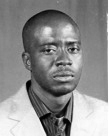
Abdul Karim Sango
undertook graduate studies at the UNESCO Chair of Human Rights and Democracy in Benin, where he obtained a Master’s of Arts in Human Rights and Democracy in 2004. Since 2005, he has been a professor of Law at the Ecole Nationale d’Administration et de Magistrature (ENAM). He is particularly focused on issues pertaining to freedom of speech, electoral law and constitutional law. He is also a member of the Independent National Electoral Commission (CENI). He actively participates with civil society organizations both as a member and as an expert on issues of democratic governance and human rights. In August 2010 he participated in the Youth Forum of African leaders convened by President Obama.
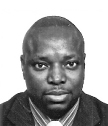
Soahanla Mathias Tankoano
is a doctoral candidate who holds a degree from the Ecole Nationale d’Administration et de Magistrature (ENAM), and Master’s of Law from the University of Perpignan in France. He is the Director of Social Affairs in the Ministry of Justice in Burkina Faso with an expertise in electoral law. In particular, he has served as an official international observer in the Democratic Republic of Congo, Senegal, Togo and Sierra Leone as well as an evaluator of the CENI in Ivory Coast.
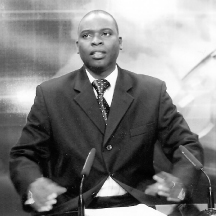
Adjima David Thiombiano
has been a television journalist in Burkina Faso for the last 14 years. He studied Arts and Communications at the University of Ouagadougou and obtained his degree in Information Science and Communication in June 2001. He is the director of the Politics desk for Burkina Television, and the host of the show “Parti Pris”, a political debate between members of the government, the opposition, actors of civil society and other specialists. As a newscaster, he is responsible for covering domestic policy, elections – from the campaign to the vote – election night and the inauguration of elected officials.
Chad
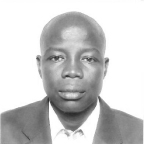
Baidessou Soukolgue
is a lawyer by training and graduate of the Ecole Nationale d’Administration (ENA) in France. He is currently a program officer at the Chad office of the Electoral Institute for Sustainable Democracy in Africa (EISA). At EISA, he coordinates a project for political party capacity building and another project fostering networking and capacity building for domestic elections observers in Chad. He also teaches at the Ecole Nationale d’Administration et de Magistrature (ENAM) in Chad.
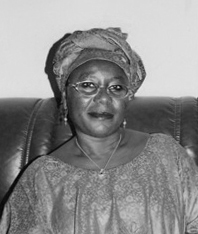
Mékombé Thérèse
is a civil administrator. She has been campaigning with organizations of civil society since 1991. She is the President of l’Association des Femmes Juristes du Tchad (AFJT). As a member of the Electoral Institute for the Sustainability of Democracy (EISA), she participated in training programs during 2009, 2010 and 2011, in preparation for working as an observer during the elections of 2011. She will also be helping with the upcoming presidential election.
Mali
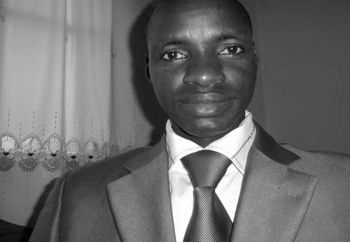
Dramane Diarra
is a Magistrate at the Court of First Instance of the Commune IV in the District of Bamako. He is the Secretary of Public relations and communications for Réseau ONGs d’Appui au Processus Electoral au Mali (Réseau APEM). He has been a national expert in electoral training and supervision since 1997. Mr. Diarra was the co-producer of three electoral guides for election observers and female candidates. Since 2002, he has been coordinator of the General Reports on Election Observation in Mali. He was an observer during the Regional and municipal elections in Senegal in 2009. Additionally, Mr. Diarra was responsible for a United Nations Democracy Fund (UNDEF) program focused on citizen participation and fair elections.
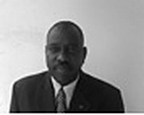
Issa Maiga
is a Professor of Educational Psychology. He teaches General Psychology, Methodology of Research in Development, Community Development, Planning for Local Development and Health and Labour Legislation. He is a founding member of Réseau ONG d’Appui au Processus Electoral au Mali (Réseau APEM). From April 1997 to April 2009 he was the National Coordinator for training and monitoring elections carried out by APEM, where he was responsible for the technical support of electoral observation in Guinea. He is also a Program Officer of the National Democratic Institute for International Affairs (NDI Mali).
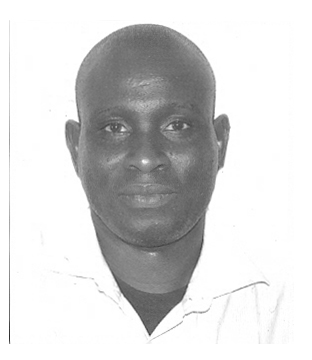
Sékouba Samaké
is a journalist with extensive experience covering elections. He began his career as a political reporter covering Mali’s first democratic elections in 1992. He has worked for over a decade at the independent newspaper, Info-Matin, where he is editor and chief. He has also severed as an electoral observer in many parts of the country.
Mauritania
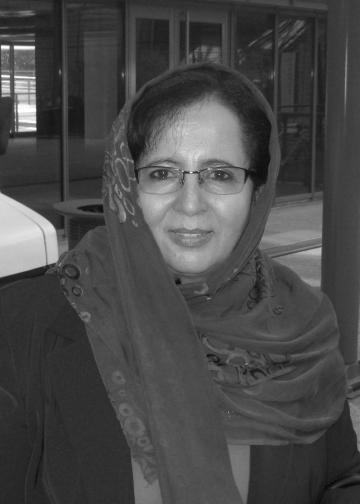
Mehla Mint Ahmed
is a former financial services official of the Ministry of Foreign Affairs of Mauritanian. She has served many times as president of polling stations and on various committees related to electoral processes. Currently, she works through the NGO “Action Against Poverty (ACP) to provide humanitarian and development education. Additionally she works with the “Center for Studies and Research on Western Sahara” (CEROS) and the Diplomatic Club of Nouakchott.
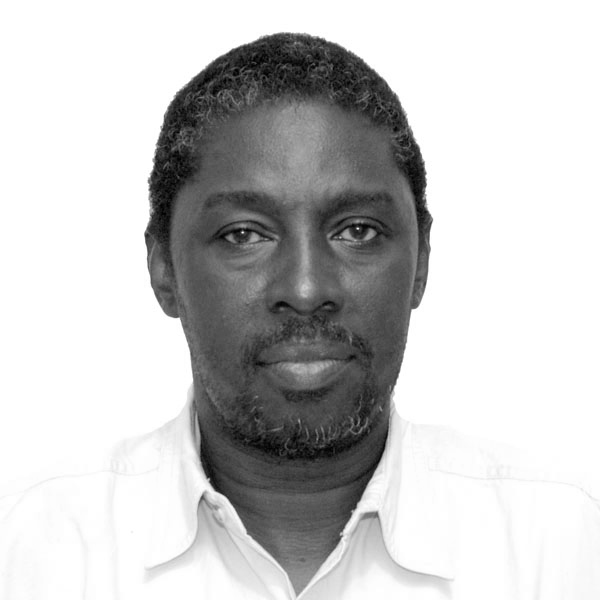
Amadou Sall
is an anthropologist who teaches at the University of Nouakchott. He is actively engaged in issues of citizenship in Mauritania with a particular interest in gender equality, promotion of citizen responsibility and active nonviolence. During the political transition of 2005-2007, he led the first independent electoral observation in Mauritania carried out by civil society. He continued this work as part of the National Elections Observatory (ONE). Currently, he is the chair of the Network of Civil Society for the Promotion of Citizenship (RPC).
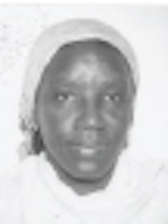
Khadijetou Sall
is a Mauritanian social worker, who heads the department of a vocational training center specifically targeting women. She was a member of the Electoral Commission in Riyadh (Nouakchott) and from April 15 to July 31, 2009, she participated in the control, supervision and monitoring of elections in this district.
Niger
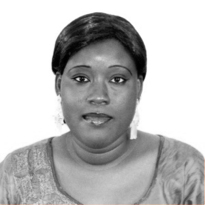
Aminatou Daouda Hainikoye
holds a Master’s degree in Public Law. She is a strong defender of Human Rights and a member of several women’s rights organizations in Niger. She is also the coordinator of the Nigerien section of the Young African Leaders Network. In 2010, she participated in President Obama’s Forum for Young African leaders in Washington DC. She has co-organized several events to mobilize women and young people for peaceful elections. She also participated in the census of the electoral register, which enabled Niger to hold transparent and fair elections in 2011.
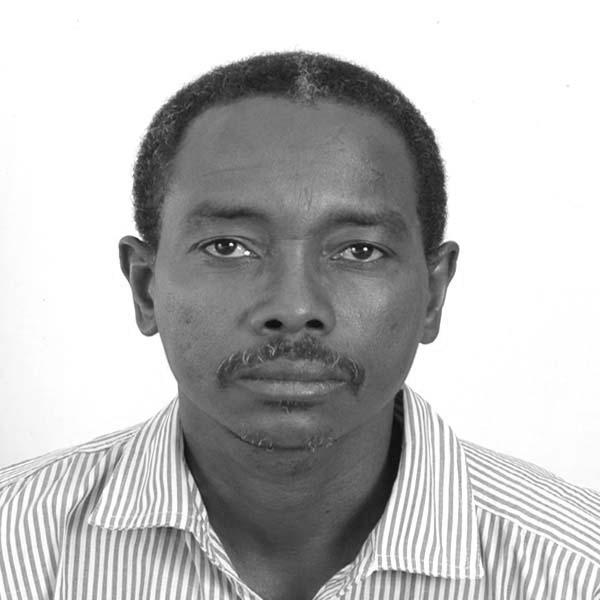
Abdoulaye Issoufou
is a Professor of English, a translator, an interpreter and the Secretary of International Relations of the l’Union Syndicale Progressiste des Travailleurs du Niger (Trade Union). He has been a member of the Subcommittee on Communications and Accreditation of the Independent National Electoral Commission (CENI) in Niger since May 2010. He trains supervisors of voting polls, raises awareness on electoral matters and observes and supervises the elections on behalf of CENI.
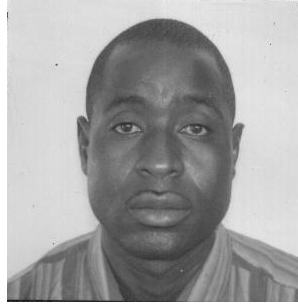
Illa Toullou Ahmet
holds a degree in diplomacy from the Ecole Nationale d’Administration (ENA), a Masters in International Relations and Security from the Institute of Political Studies in Toulouse, France and a PhD in Political Science from the University of Toulouse in France. Since 2006 he has been a professor and researcher at the University of Niamey (Niger) and a professor at the Ecole Nationale d’Administration (ENA) in Niamey. He has recently been appointed Political Adviser to the newly elected president of Niger. His research focuses on political parties, electoral processes and democratic instability.
Senegal
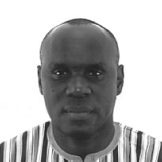
Alpha Faye
is a teacher of geography and history. He is currently a project coordinator within the Senegalese civil society organization Mouvement Citoyen. As part of his work with Mouvement Citoyen he has been especially concerned with empowering youth and women in local and national elections, through various activities, radio broadcasts and conferences. He has also been an elections observer on behalf of the National Elections Observatory and civil society. In April 2009 he was elected to the Rural Council of Fissel, where he serves as vice-president and is in charge of coordinating the work of technical committees and the implementation of participatory budgeting.
